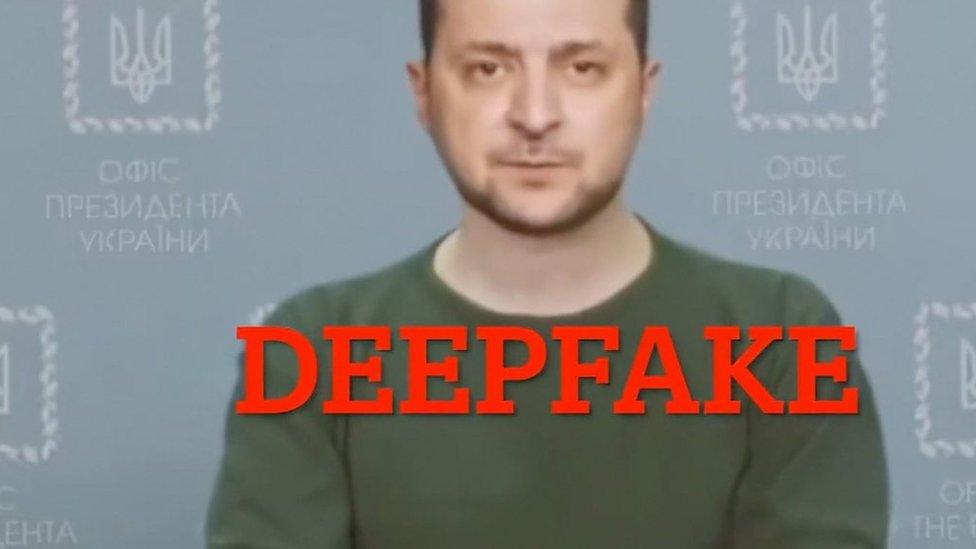Romance scammer duped £17k from me with deepfakes
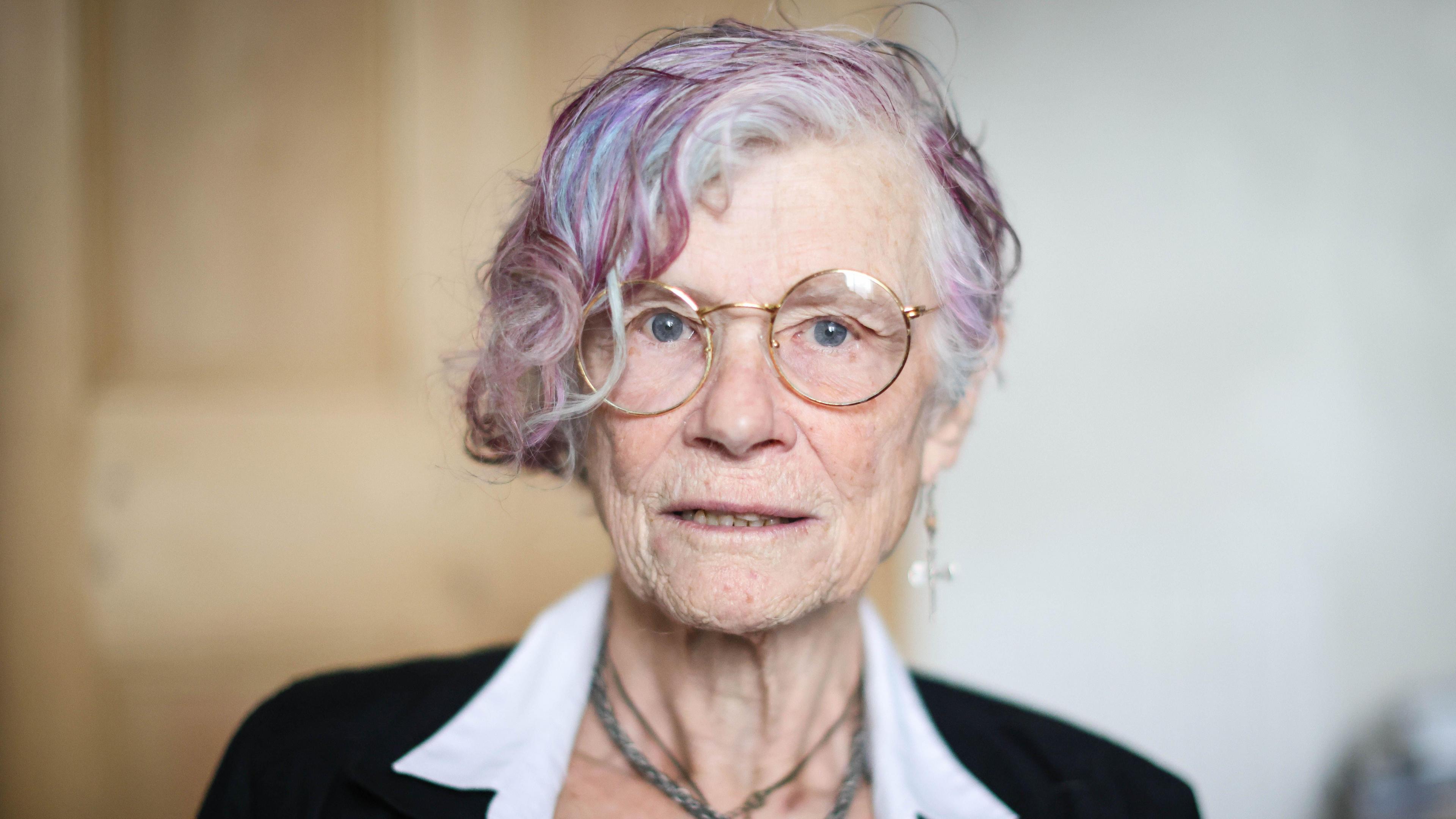
Nikki MacLeod believed she was sending money to a woman she was in an online relationship with
- Published
A victim of an elaborate online romance fraud has told BBC Scotland that she was completely convinced by deepfake videos used to scam her out of £17,000.
Nikki MacLeod, 77, sent gift cards and made bank and Paypal transfers believing she was sending money to a real woman she was in an online relationship with.
She said she was initially sceptical but felt reassured by video messages from the person, which she now knows were fake.
She wants to warn others about the increasing use of AI technology by scammers.
Nikki got in touch with BBC Radio Scotland's Morning Programme during the BBC's Scam Safe week last month.
The retired lecturer from Edinburgh said: "I am not a stupid person but she was able to convince me that she was a real person and we were going to spend our lives together."
Tips to spot an AI deepfake video - Dr Lynsay Shepherd explains
The 77-year-old said she was lonely after losing her parents during lockdown and the end of a long-term relationship. She started speaking to people online and met the person she knows as Alla Morgan in a chat group.
She was told this person was working on an oil rig in the North Sea and was asked to buy Steam gift cards to allow them to keep talking. These cards are typically used for buying video games. The person Nikki was chatting to told her she needed them to allow her to get an internet connection on the rig so that they could keep talking.
Nikki said she was sceptical, but was persuaded to buy several hundred pounds worth of the cards.
She repeatedly asked Alla Morgan for a live video call which was refused, or didn't work. It was then that she started receiving recorded video messages.
"I had started to think, are you a real person?" Nikki said.
"Then she sent me a video to say 'Hi Nikki, I am not a scammer, I am on my oil rig', and I was totally convinced by it.
"A few weeks later she sent me another video, also on the oil rig with bad weather in the background. This was before she started asking me for all this money. "
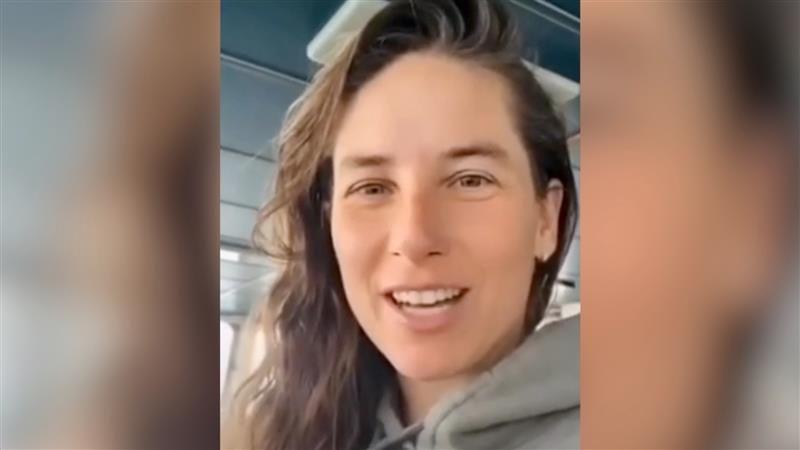
Scammers used AI to generate a video of a woman who claimed to be called Alla Morgan
The images and video sent to Nikki were created using AI technology.
There is no way of knowing where the image of the woman - Alla Morgan - came from.
It could have been made using the face of a real person with no connection to the scammers and no idea that their identity was used.
Nikki said documents, images and videos she was sent were enough to convince her to part with her cash.
"She (Alla Morgan) said she was going to come and visit me and asked could I pay for her vacation from the oil rig to come to Scotland," Nikki said.
Nikki was then sent details of a company Alla supposedly worked for and contacted by someone in their HR department who asked for money to pay for a helicopter.
"She said she would pay me back, so I gave them $2,500," Nikki said.
The scam finally came to light when Nikki was attempting to make another payment to a bank account, supposedly belonging to Alla Morgan, and her own bank informed her she was a victim of fraud.
Police Scotland confirmed they are investigating the matter.
How to spot a deepfake video scam
BBC Scotland asked Dr Lynsay Shepherd, an expert in cybersecurity and human-computer interaction at Abertay University, to take a look at the video messages Nikki was sent.
She said: "At first glance it looks legitimate, if you don't know what to look for, but if you look at the eyes – the eye movements aren't quite right.
"There are a number of apps out there, even something as simple as a face swap app or filters, that can do this. You can sometimes see when people are talking, when you look around the jawline, the filter kind of slips a bit.
"It is relatively straightforward to do."
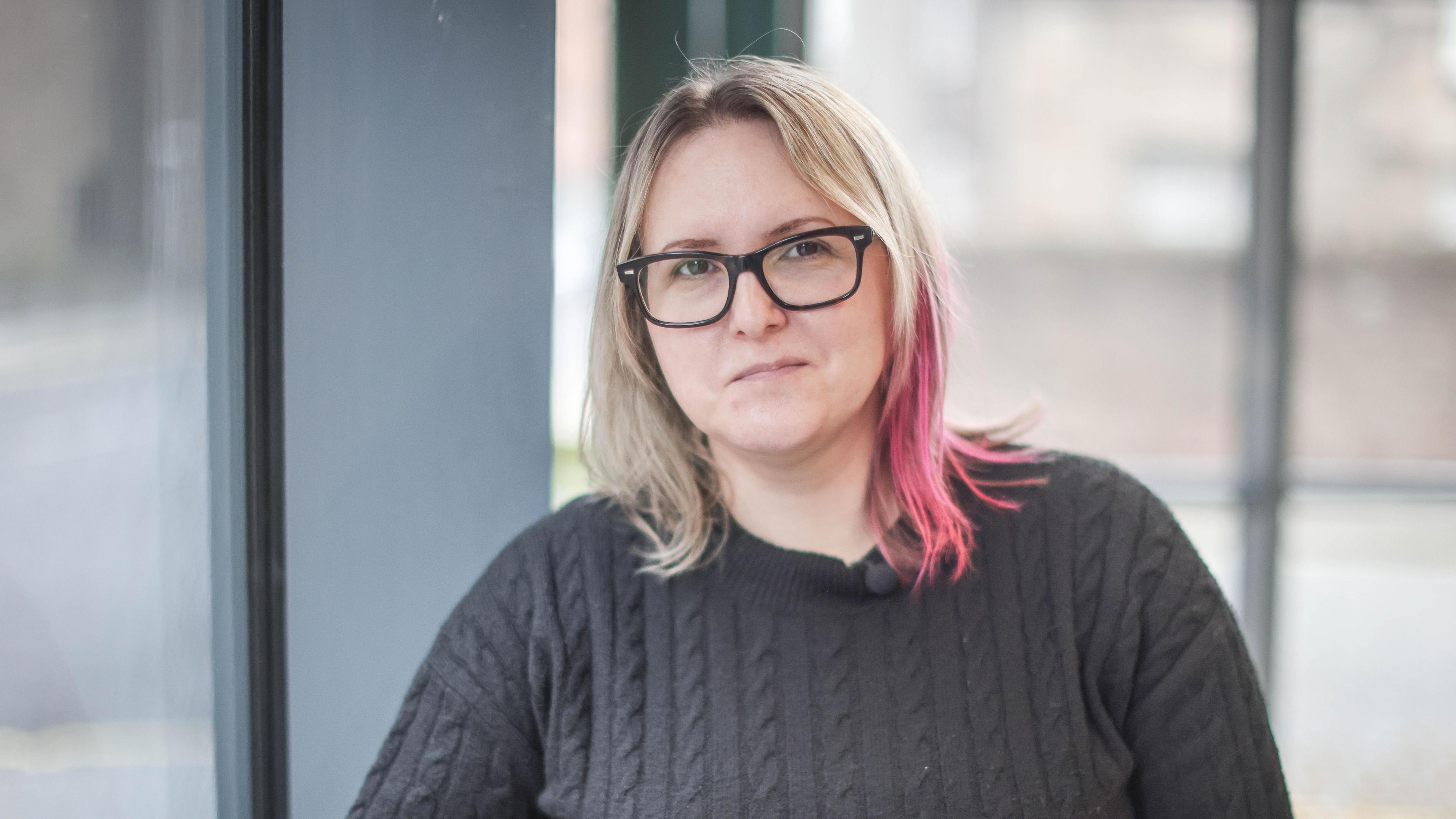
Dr Lynsay Shepherd said videos created using AI technology can often look legitimate at first glance, but there are usually tell-tale signs they are fake
Dr Shepherd said online scammers often claim to be in a location where meeting face-to-face or even a live video call are not possible.
"Oil rigs is one of the common ones - in the military on base, a doctor overseas - and then typically they build up that relationship and then say 'there has been an emergency, I need some money for travel'."
Nikki said she sent around £17,000 in total to the scammers.
Her bank and PayPal have been able to get around £7,000 of that money back, but she was persuaded by the scammers to send some of the money as personal payments - through the friends and family function on PayPal. This has not been recovered.
PayPal said they do not cover personal payments under PayPal Buyer Protection.
In a statement a spokesman added said: "We're very sorry to hear this has happened to Ms MacLeod. Authorised Push Payment (APP) fraud, which includes romance scams, is a threat that has grown across the industry."
He urged PayPal users to be wary of "unusual payment requests" and added "always question uninvited approaches in case it's a scam."
On their website, Steam warn of increasing reports of scammers coercing victims to purchase Steam wallet gift cards. The company said people should never give out a steam wallet gift card to a person they do not know."
Police Scotland said an investigation is under way after the fraud was reported in October and inquiries are ongoing.
A spokeswoman added: "We would ask people to be vigilant and encourage anyone who believes they may have been victim to fraud or a scam to contact police on 101."
Nikki told us the scammers are continuing to contact her, most recently sending her a newspaper article, claiming Alla Morgan is now in a Turkish jail and needs more money.
She wants others to learn from her experience.
"These scammers don't have any empathy at all. It's their job and they are very good at it," she said.
"The documents looked real, the videos looked real, the bank looked real.
"With the introduction of artificial intelligence, every single thing can be fake."
Related topics
- Published24 November 2024
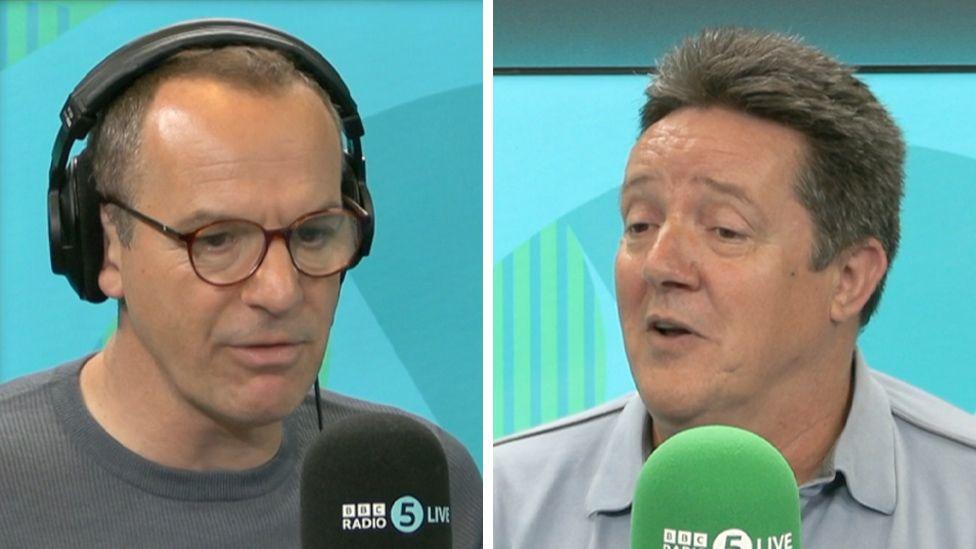
- Published27 March 2024
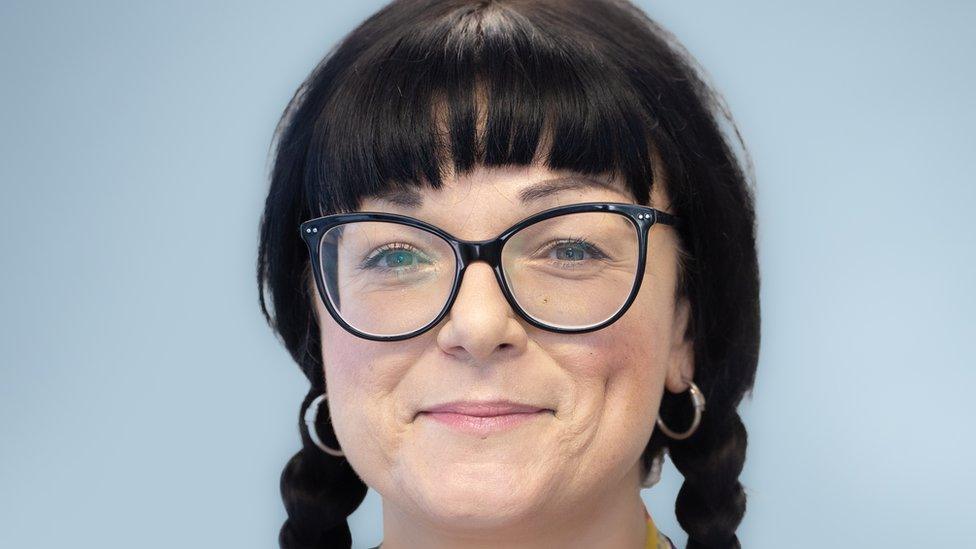
- Published23 July 2023
